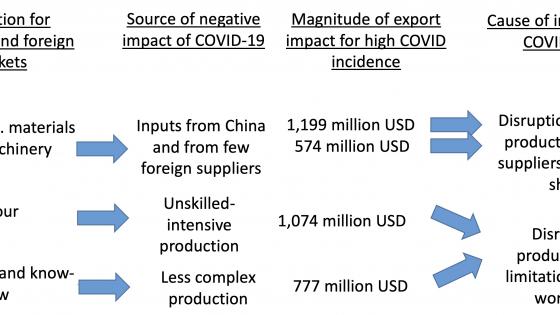In late 2019, projections of world growth for 2020 were about 3.5%. But things were about to change dramatically. On 11 March 2020, the World Health Organization (WHO) declared COVID-19 a pandemic and the world economy went into free fall. Now, at the beginning of 2021, we have more than 100 million confirmed COVID-19 cases worldwide and more than two million people have died. Current projections of global growth for the previous year are around -3.5%, a dramatic shortfall in economic activity of about 7 percentage points.
The crisis persists despite massive fiscal and monetary expansion throughout most of the globe. Indeed, the overall size and speed of policy action has been unprecedented. Fiscal discretionary actions have amounted to about $14 trillion globally so far.
Fiscal policy supported and complemented monetary policy in major economies and contributed to the restoration of orderly market conditions. But even more important was the vital role of the budget to strengthen health systems and make possible the extension of critical lifelines to households and firms. Fiscal policy literally saved lives and livelihoods. And by doing so, it helped attenuate the fall in employment, the contraction of economic activity, and the destruction of firms.
There are, to be sure, important commonalities in fiscal developments across the world. Government revenues declined everywhere. Public debt jumped up to 98% of GDP compared to 84 percent before COVID-19. From 2021 onward, debt will stabilise at a high level and remain elevated – well above pre-COVID-19 levels – in the medium to long term. While low interest rates will help stabilise debt as growth recovers, deficits will persist, staying above pre-COVID-19 projections for the next few years.
Nonetheless, the response of fiscal policy also reveals pronounced divergencies across the globe. On the spending side, the differences are shocking. In 2020, advanced economies were able to expand spending quite substantially (around 6%), an increase that is projected to endure in 2021. At the same time, emerging markets increased outlays only by about 1% and spending is projected to be cut in 2021.
Low-income countries, on the other hand, have not expanded overall spending at all. Only the composition of spending has changed to reflect current imperatives: most countries acted forcefully to support health systems, households, and businesses. But the poorest countries achieved this by cutting other spending – often investment – to make room for urgent needs.
These differences in spending are as different as countries’ access to financing. Advanced economies have ample room to manoeuvre with historically low interest rates, low inflation, and low inflation expectations.
Emerging and frontier economies’ access to finance has been closely related to the strength of their fundamentals, as reflected, for example, in their credit rating. But there is considerable differentiation inside this group of countries. While some are also benefiting from historically low rates, others face higher financing costs or uncertain market access.
Low-income developing countries urgently need funding for social services (health and education), COVID-19 control measures, and support for food programmes in countries facing rising risks of malnutrition. Many poor nations need additional support through grants, concessional lending, and debt relief, including through the G20’s Debt Service Suspension Initiative (DSSI), which has delivered about $5 billion in relief to more than 40 eligible countries since May 2020.
In some cases, however, deeper debt treatments may be required, including debt restructuring. In anticipation of this need, the G20 agreed on a Common Framework for Debt Treatments beyond the DSSI, which should help facilitate debt restructuring on a case-by-case basis and enable burden sharing across creditors. Rapid operationalisation of the Common Framework for Debt Treatments and expansion of the eligibility of debtor countries will be essential.
In our view, there are four main key policy priorities going forward.
- To start with, put health first, and target lifelines as needed. COVID-19 will not be under control anywhere until it is under control everywhere. The sooner that happens, the sooner economic activity will pick up and the sooner jobs will come back. Making effective vaccines universally available is thus priority number one. Lifelines should be targeted to the most vulnerable and distributed as appropriate in response to developments in virus propagation.
- Prepare now to deal with legacies. Given the higher vulnerabilities of high debt levels and elevated gross financing needs across the world, preserving or building credible and robust fiscal policy frameworks is timely and necessary.
- Facilitate the transition to a smart, green, resilient, and inclusive growth model. This applies to support today and it will be increasingly vital as the recovery takes hold.
- Finally, deepen international cooperation. This means making vaccination available and affordable to all countries, among other things, by funding COVAX; providing debt relief, grants and concessional financing for low-income countries; and carrying out a green public investment push.
COVID-19 is a pandemic. It can only be controlled globally. To do so, the international community must act together.



